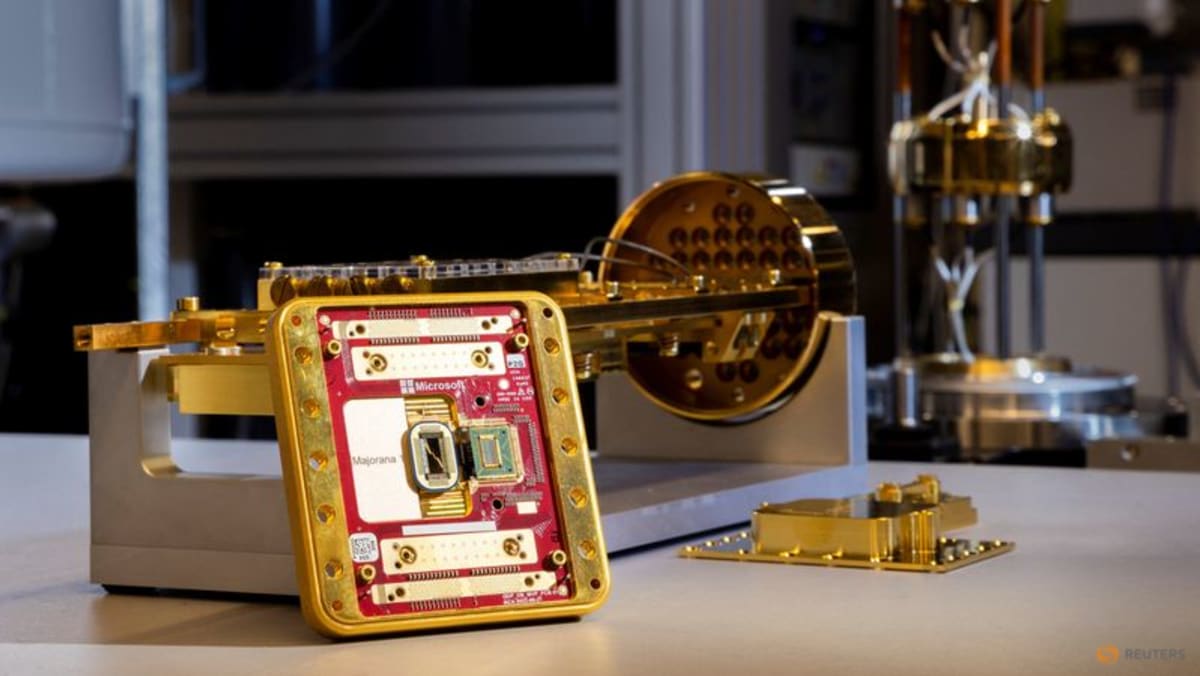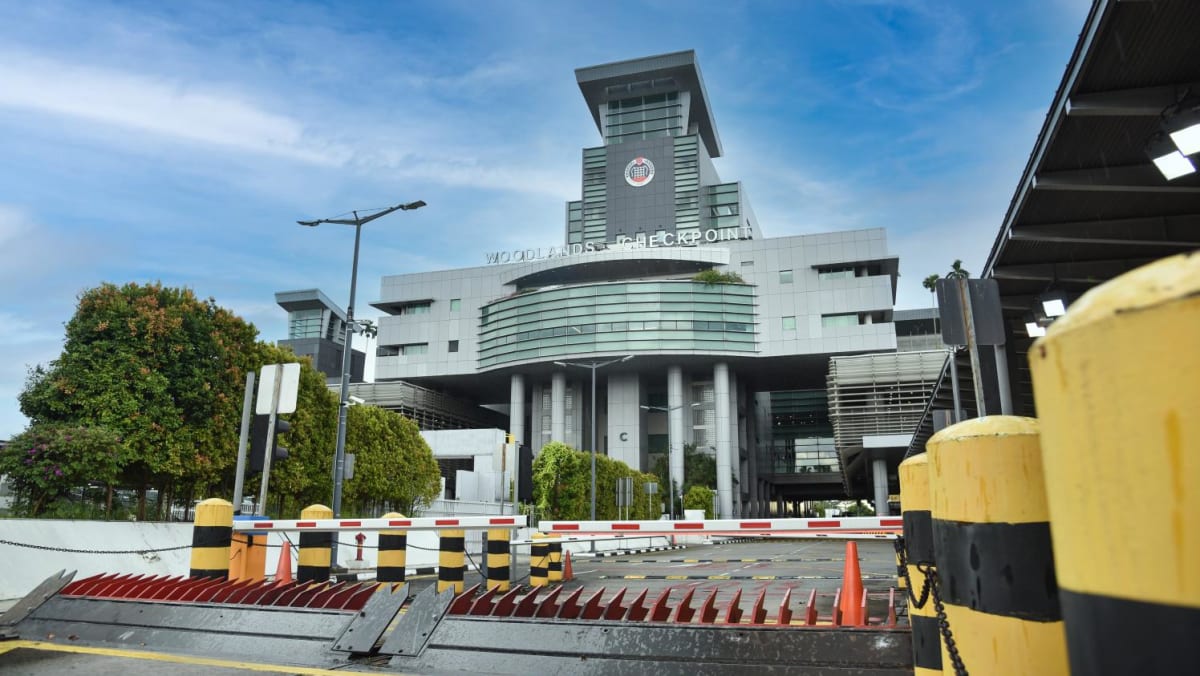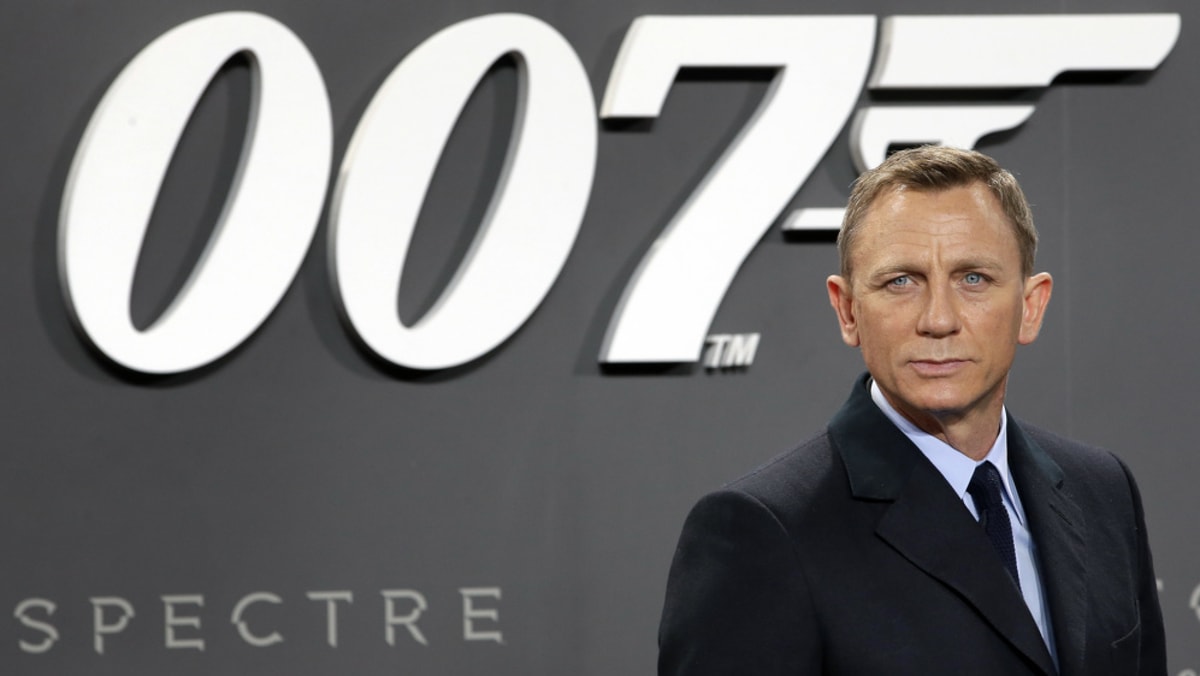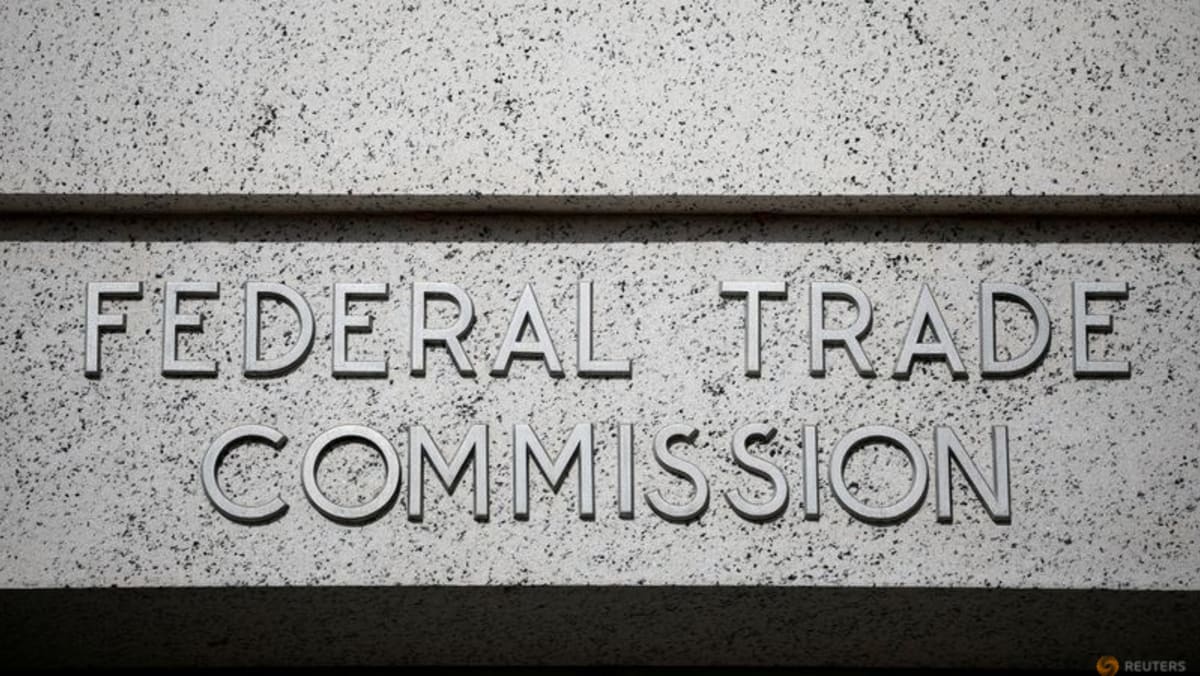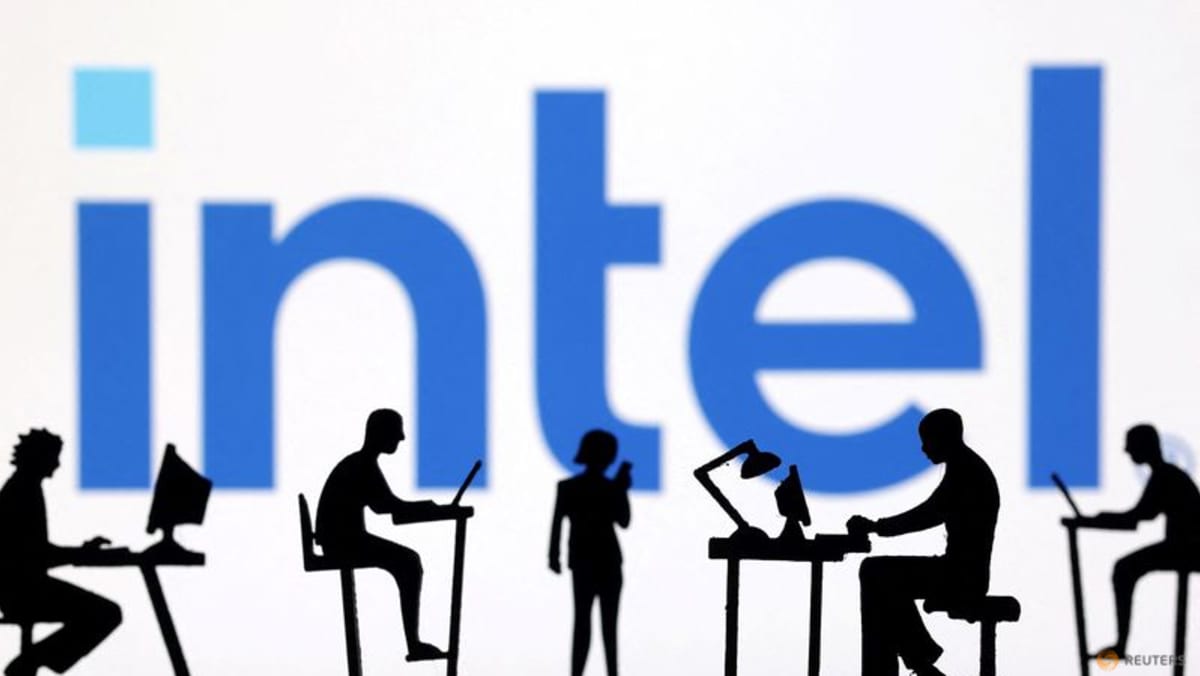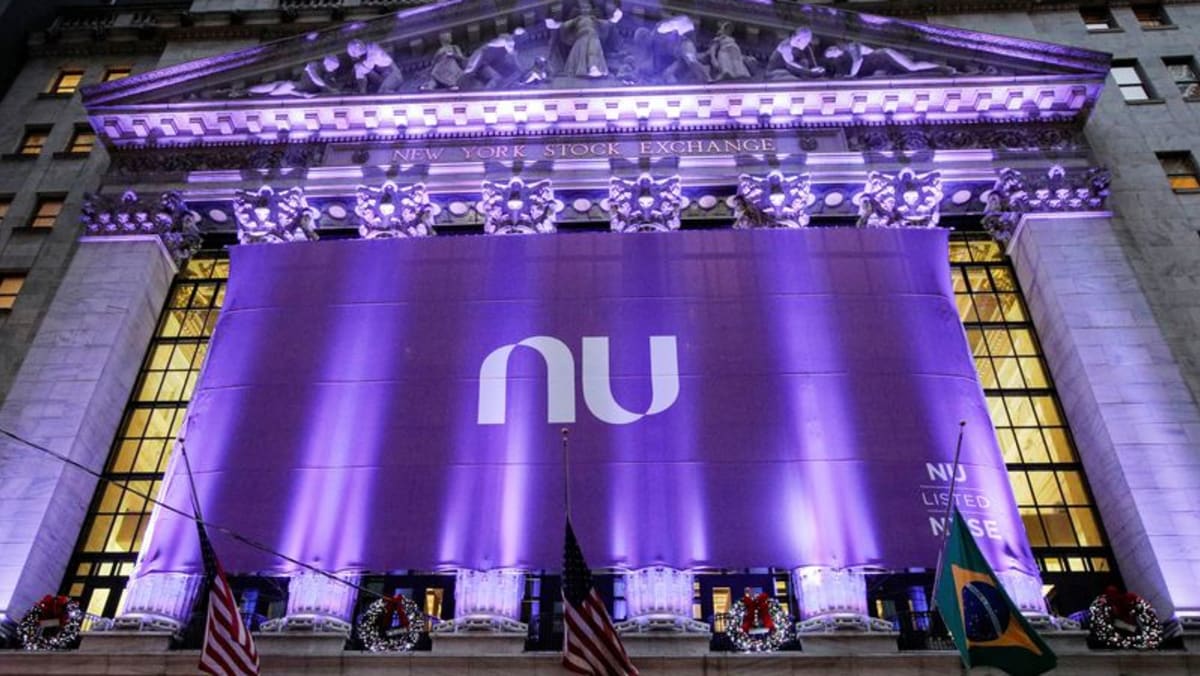TOKYO : The Bank of Japan must raise interest rates more as keeping them at current low levels could cause excessive risk-taking and push up inflation too much, its board member Hajime Takata said, cementing expectations of further hikes in borrowing costs.
Long-term inflation expectations have been rising steadily and companies are becoming more active in passing on higher labour costs, Takata said, signalling that conditions for additional rate increases were falling into place.
Services prices are also being raised more frequently in a sign that price hikes have “taken root” in Japan, he said.
“Inflation is approaching the BOJ’s 2 per cent target with positive corporate behaviour already observed,” Takata said in a speech, adding the BOJ must be mindful of upside risks to inflation.
“It’s important to continue shifting gear gradually on monetary policy, even after January’s rate hike,” as creating expectations that interest rates will stay low for a prolonged period could overheat financial activity, he said on Wednesday.
The remarks follow recent steady rises in Japanese government bond (JGB) yields, as markets factor in the chance the BOJ could hike rates more aggressively than initially thought on prospects of sustained wage gains.
“Japan is likely to make progress, especially from fiscal 2025 onward, toward achieving our price target due to inflationary pressure stemming from domestic factors such as solid base pay increases and heightening inflation expectations,” Takata said.
While signalling the need to raise rates further, Takata said the BOJ must tread cautiously due to U.S. economic uncertainty and the difficulty of estimating Japan’s neutral interest rate – or the level that neither cools nor overheats growth.
“It would be problematic in terms of policy flexibility” for the central bank to announce a certain neutral rate level, as doing so could be interpreted by markets as pre-committing to hike interest rates to a set level, he said.
After hitting a 15-year high of 1.435 per cent, the 10-year JGB yield fell 0.5 basis points from the previous day at 1.425 per cent on Wednesday.
“The remarks are somewhat hawkish and underscore the bank’s readiness to raise rates,” said Tsuyoshi Ueno, an economist at NLI Research Institute. “But there weren’t many hints on the pace of future rate hikes or the terminal rate,” he said.
The BOJ raised its short-term interest rate to 0.5 per cent from 0.25 per cent in January, reflecting its conviction that Japan was making progress in sustainably achieving its 2 per cent inflation target.
Governor Kazuo Ueda has signalled his readiness to keep raising rates if wages continue to increase and underpin consumption, thereby allowing firms to keep hiking pay.
But he has remained mum on how far the BOJ could eventually raise rates. Hawkish policymaker Naoki Tamura is the only one in the nine-member BOJ board who has specifically mentioned that the bank should raise rates to at least 1 per cent.
A slew of recent BOJ signals have led markets to price in a roughly 80 per cent chance of a rate hike to 0.75 per cent in July. A private sector survey showed most economists projecting the next hike to come in the latter half of this year.
The yen and Japanese bond yields have risen this week as markets rethink their view that the BOJ won’t push up rates beyond 1 per cent – the lower end of its staff estimate that puts Japan’s nominal neutral rate in a range of 1 per cent to 2.5 per cent.
